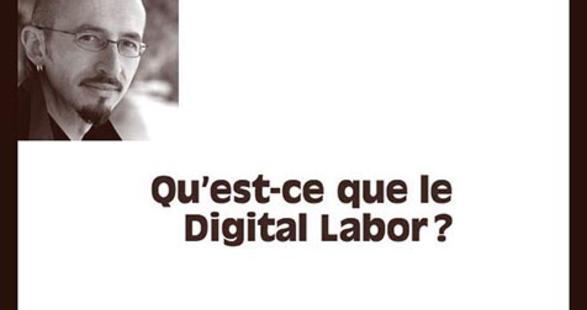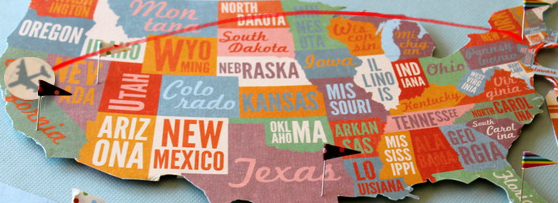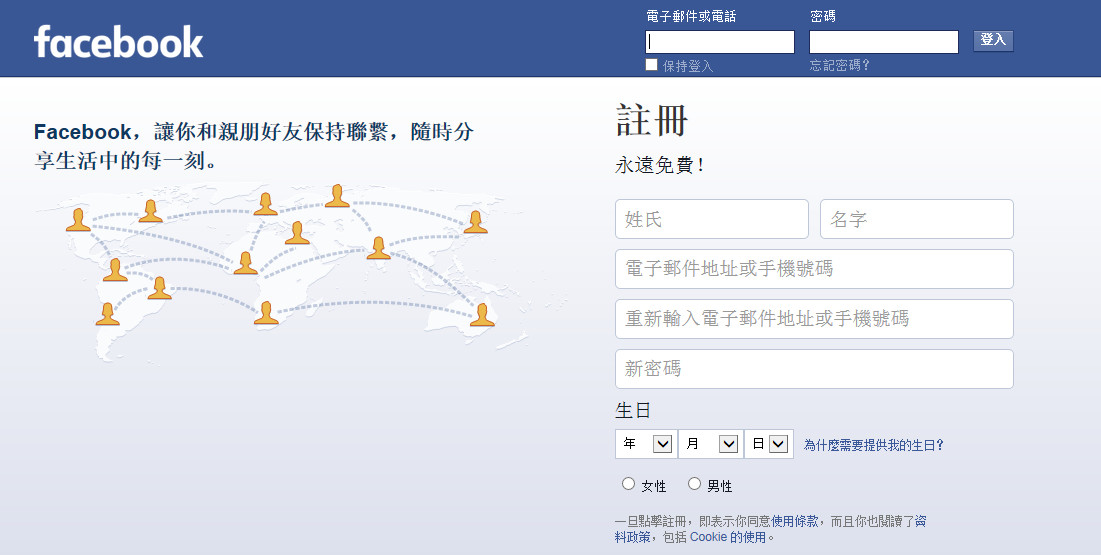Tag: casilli
Interview sur L’Atelier (13 oct. 2015)
Entretien réalisé dans le cadre de l’émission radio “L’Atelier numérique”, sur BFMBusiness. Source: Antonio Casilli : “L’internaute est un travailleur… read more Interview sur L’Atelier (13 oct. 2015)
Grand entretien : Antonio A. Casilli sur Radio VL (11 oct. 2015)
Emission spéciale avec Antonio A. Casilli qui est venu nous parler de son livre tiré d’une conférence avec Dominique Cardon intitulé : “Qu’est… read more Grand entretien : Antonio A. Casilli sur Radio VL (11 oct. 2015)
New York to San Francisco: my U.S. conference tour (October 20-29, 2015)
If you happen to be in one of these fine US cities, come meet me. I’ll be on a tour… read more New York to San Francisco: my U.S. conference tour (October 20-29, 2015)
Chinese media about “Qu’est-ce que le digital labor ?” (Oct. 3, 2015)
After a press release by Taiwanese agency CNA, several Chinese-speaking media outlets have been discussing the central theses of our… read more Chinese media about “Qu’est-ce que le digital labor ?” (Oct. 3, 2015)
“Qu’est-ce que le digital labor ?” à la radio (sept. – oct. 2015)
Vertigo, la-1ere, RTS Antonio Casilli interviewé par Magali Philip Lundi, 05 octobre 2015 RCF Lyon Compte rendu de “Qu’est-ce que… read more “Qu’est-ce que le digital labor ?” à la radio (sept. – oct. 2015)
Troll studies: resources on trolling, vandalism, incivility online [updated Sept. 2015]
This is part of my ongoing research in the field of troll studies. Follow the hashtag #trollstudies on Twitter, or… read more Troll studies: resources on trolling, vandalism, incivility online [updated Sept. 2015]
[Podcast] Antonio Casilli sur France Culture : Profil public / Profil privé (27 nov. 2013)
Le sociologue Antonio Casilli était l’invité de Marie Richeux pour l’émission Pas la peine de crier (France Culture). “Public” (3/5):… read more [Podcast] Antonio Casilli sur France Culture : Profil public / Profil privé (27 nov. 2013)
[Vidéo] ‘L’inutile censure des réseaux Ana-Mia’ : Antonio Casilli sur Ecrans / Libération (21 nov. 2012)
Vidéo podcast d’Ecrans, site Web de Libération, consacré à la censure des réseaux liés à l’anorexie et à la boulimie. Pour en parler, sur le plateau d’Erwan Cario, les journalistes Sophian Fanen et Camille Gévaudan et le sociologue Antonio Casilli…





![Troll studies: resources on trolling, vandalism, incivility online [updated Sept. 2015]](https://www.casilli.fr/wp-content/uploads/2014/07/1302873052100.jpg)

![[Vidéo] ‘L’inutile censure des réseaux Ana-Mia’ : Antonio Casilli sur Ecrans / Libération (21 nov. 2012)](https://www.casilli.fr/wp-content/uploads/2012/11/Capture-d’écran-2016-07-19-à-08.29.11.png)